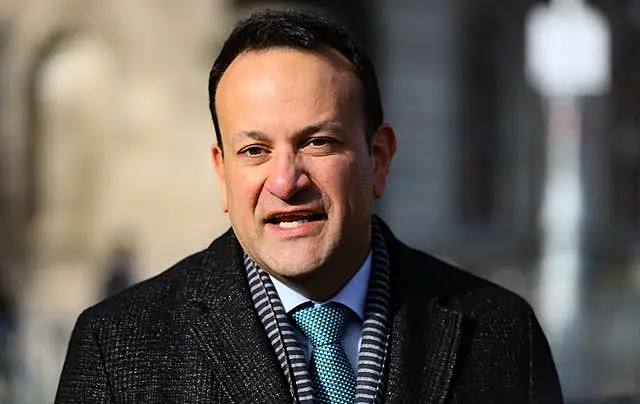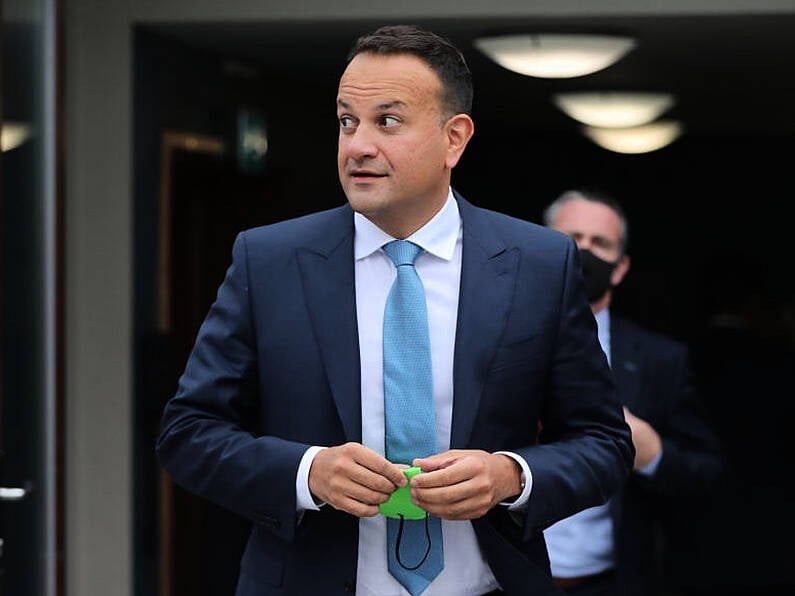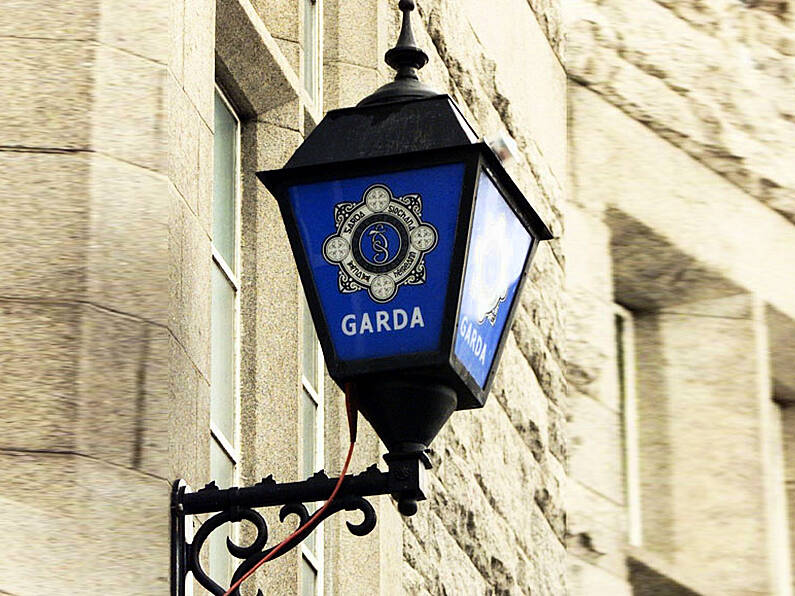By Dominic McGrath, PA
There are no plans to reintroduce Covid-19 restrictions despite a rapid rise in cases, the Tánaiste has said.
Tens of thousands of cases were reported in Ireland over the bank holiday weekend, while the number of people in hospital with the virus is climbing steadily.
As of Monday morning, there were 1,308 Covid-19 patients in hospital, with 49 in intensive care.
But Tánaiste Leo Varadkar said these figures had been anticipated, and no consideration is being given to a return to restrictions.
?Here are today's walk-in #COVIDVaccine clinics. We're operating walk-in clinics for dose 1 and 2 for children aged 5 to 11, dose 1 and 2 for people aged 12 and older, and booster vaccine clinics. Find the full list of clinics here: https://t.co/AD6nvzAuq9#ForUsAll pic.twitter.com/QkJjGWVTEM
— HSE Ireland (@HSELive) March 22, 2022
Speaking before a meeting of the Cabinet, he said: “It is absolutely the case that we’re seeing an increase in the number of people in hospital with Covid.
“What is somewhat reassuring is about half of the people in hospital with Covid and in ICU with Covid, would be there anyway – they are actually in because of other conditions.
“At the moment, there is no public health advice being given to us that we should reintroduce masks or re-impose restrictions in any way. Unless that comes, we’re not going to do it. We don’t anticipate it.
“It was always expected that when restrictions were eased, that there would be an increase in infections. That will fall off over the next couple of weeks.”

Mr Varadkar said that some hospitals were under pressure and being forced to curtail elective procedures.
But he stressed: “We don’t have any plans to re-impose restrictions.”
When Ireland finally eased some of the last remaining Covid-19 restrictions, it was accompanied by the winding down of the National Public Health Emergency Team (Nphet).
That body, led by the Chief Medical Officer Dr Tony Holohan, had been a constant source of guidance and advice to the Government since the pandemic began in early 2020.
“It is often the case in winter periods, and the typically flu season runs in Ireland from October, November until the end of March,” Mr Varadkar said.
“In many ways, Covid-19 is replacing flu as the main winter virus that affects us during the winter, and sometimes it is necessary to pare back or defer elective activities.
“It is not desirable. It is not something that we would like to see happening.”






